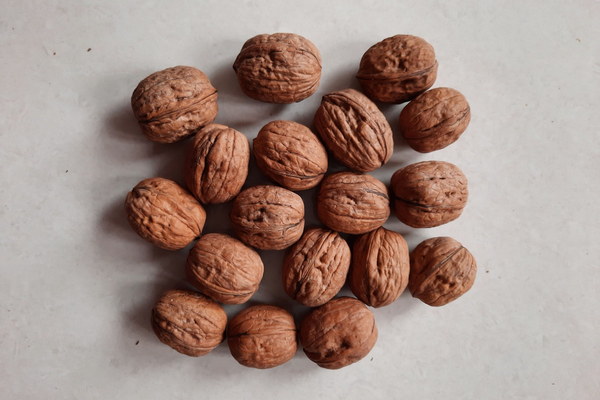Reinforcing the Skeleton and Nourishing the Qi and Blood A Holistic Approach to Wellness
In the realm of traditional Chinese medicine (TCM), the concepts of reinforcing the bones and nourishing the Qi and Blood are central to achieving overall health and well-being. This article delves into the significance of these concepts, exploring their applications in TCM, and offering practical advice on how to incorporate them into your daily life.
The skeletal system is the foundation of the human body, providing support, structure, and protection for vital organs. In TCM, the bones are closely linked to the kidneys, which are considered the root of life and are responsible for storing essence, or Jing, which is vital for growth, development, and reproduction. When the bones are weak, it is believed that the kidneys are not functioning properly, leading to a variety of health issues.
Similarly, the concept of Qi and Blood are crucial to TCM's understanding of health. Qi, often translated as vital energy, is the life force that animates the body and sustains all physiological functions. Blood, on the other hand, is the substance that nourishes the tissues and organs, ensuring they function optimally. When the Qi and Blood are abundant and flowing smoothly, the body is healthy; however, imbalances in either can lead to disease.

To reinforce the bones and nourish the Qi and Blood, TCM employs a variety of techniques, including herbal medicine, acupuncture, diet, and exercise. Below, we will explore each of these methods in detail.
1. Herbal Medicine: TCM uses a wide array of herbs to support bone strength, enhance Qi, and improve Blood circulation. Some commonly used herbs include:
- Astragalus (Huang Qi): Known for its immune-boosting properties, Astragalus helps to strengthen the immune system, which in turn supports the bones and Qi.
- Ginkgo Biloba: This herb improves blood flow, which can help nourish the bones and enhance the body's overall vitality.
- Codonopsis (Dang Shen): Codonopsis is a well-known Qi tonic, which can help boost energy levels and improve overall well-being.
2. Acupuncture: This ancient practice involves inserting fine needles into specific points on the body to stimulate the flow of Qi and Blood. By doing so, acupuncture can help alleviate pain, improve circulation, and strengthen the bones. Additionally, acupuncture can address the root cause of imbalances, such as kidney weakness or Qi deficiency.
3. Diet: A balanced diet rich in essential nutrients can support bone strength, enhance Qi, and improve Blood circulation. Some key dietary recommendations include:
- High-protein foods, such as lean meats, fish, eggs, and legumes, to support bone health.
- Iron-rich foods, such as lean red meats, poultry, fish, beans, and dark leafy greens, to support Blood production.
- Calcium and vitamin D-rich foods, such as dairy products, fortified cereals, and fatty fish, to support bone strength.
- Herbs and spices known for their medicinal properties, such as ginger, turmeric, and cinnamon, which can help improve digestion and blood flow.
4. Exercise: Regular physical activity is essential for maintaining bone density and enhancing overall Qi and Blood circulation. Some exercises that can help include:
- Weight-bearing activities, such as walking, running, and resistance training, to strengthen the bones.
- Stretching and flexibility exercises, such as yoga and tai chi, to improve circulation and promote relaxation.
- Mindfulness practices, such as meditation and deep breathing exercises, to enhance Qi and reduce stress.
In conclusion, reinforcing the bones and nourishing the Qi and Blood is a holistic approach to achieving health and well-being. By incorporating TCM practices such as herbal medicine, acupuncture, diet, and exercise, you can support your body's natural functions and improve your overall quality of life. Remember to consult with a qualified TCM practitioner before starting any new treatment or dietary regimen.









